India-US-Japan trilateral talks raised to ministerial level
Wed 23 Sep 2015, 13:06:08
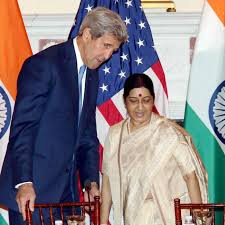
Washington: In a move that is likely to raise eyebrows in China, the US, India and Japan have decided to elevate their trilateral partnership to the ministerial level, first meeting of which would be held next week on the sidelines of the UN General Assembly in New York.
"During the UN General Assembly sessions next week, Sushma (Swaraj) and I will join Japanese Foreign Minister Kishida in the first trilateral ministerial meeting to coordinate policies among our three great democracies," US Secretary of State John Kerry, told reporters at a joint news conference along with External Affairs Minister Sushma Swaraj.
"Kerry and I are also due to meet again in a few days' time with our Japanese counterpart, Foreign Minister Kishida, for the first-ever trilateral meeting of the foreign ministers of our three countries," Swaraj said.
The decision to hold the trilateral meeting was taken at the first India US Strategic and Commercial Dialogue here yesterday. Asked whether the Dialogue was aimed at countering China's growing influence, Swaraj and Kerry said, the Communist giant did not even figure in their bilateral discussions.
"China did not even figure in our conversation," Swaraj said. "This is a dialogue to deepen
and strengthen our bilateral cooperation, our bilateral ties and this dialogue has not been charted to create wider influence in any part of the world or China," she said.
Kerry, in response to a question, "this meeting has nothing to do with China. We made no mention of China in this conversation."
Later Vinay Mohan Kwatra, Joint Secretary Americas in the Ministry of External Affairs told reporters that the decision to push the trilateral talks to foreign minister-level was taken after it was felt that there is need to elevate this relationship and it is time that the three foreign ministers take stock of the situation and chalk out the next course of action.
The first India-US-Japan trilateral meeting was held in December 2011, at the level of joint secretary. Since then officials of the three countries have been meeting twice a year.
From the US perspective, the dialogue is seen as part of what is described as a policy "pivot" toward Asia and for India it is part of its Act East Asia Policy.
China is currently involved in territorial and maritime disputes with Japan and some countries in South East Asia, and the US has asked Beijing to immediately halt its land reclamation in the disputed South China Sea.
No Comments For This Post, Be first to write a Comment.
Most viewed from Specials
Most viewed from World
AIMIM News
Latest Urdu News
Most Viewed
May 26, 2020
Do you think Canada-India relations will improve under New PM Mark Carney?
Latest Videos View All
Like Us
Home
About Us
Advertise With Us
All Polls
Epaper Archives
Privacy Policy
Contact Us
Download Etemaad App
© 2025 Etemaad Daily News, All Rights Reserved.

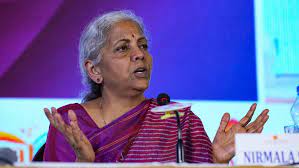
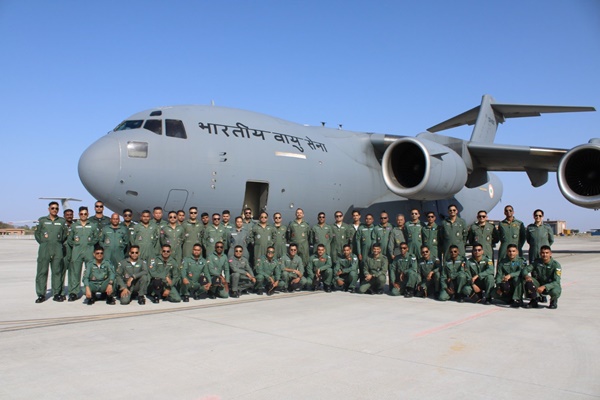










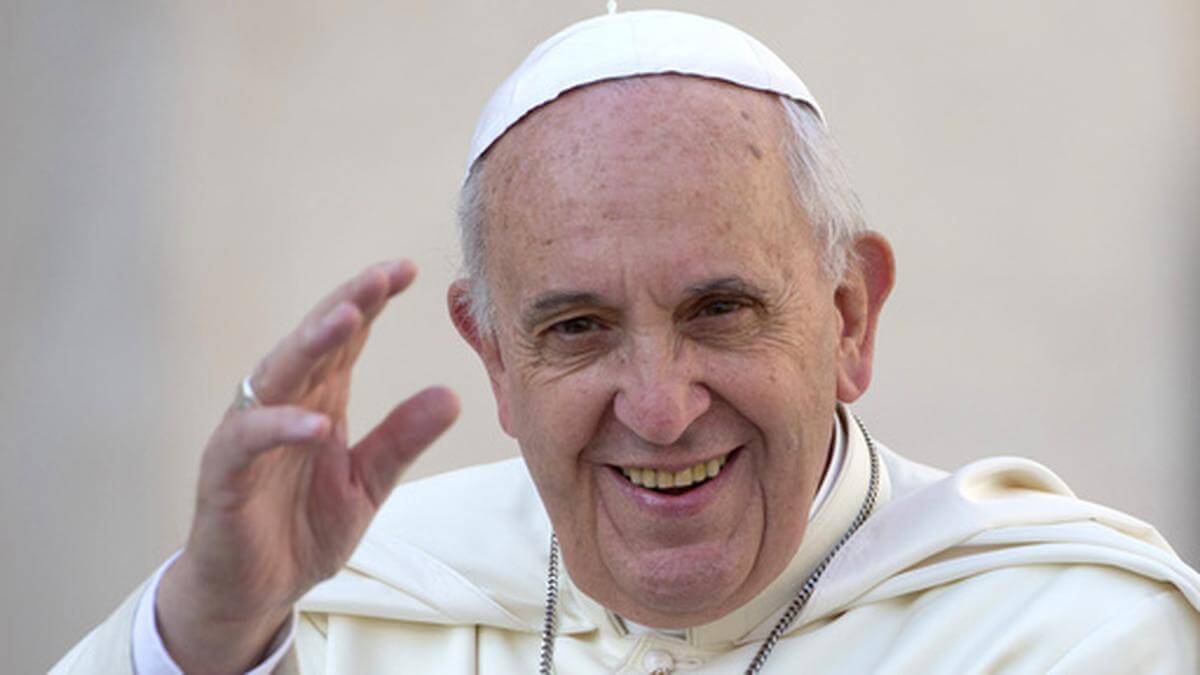
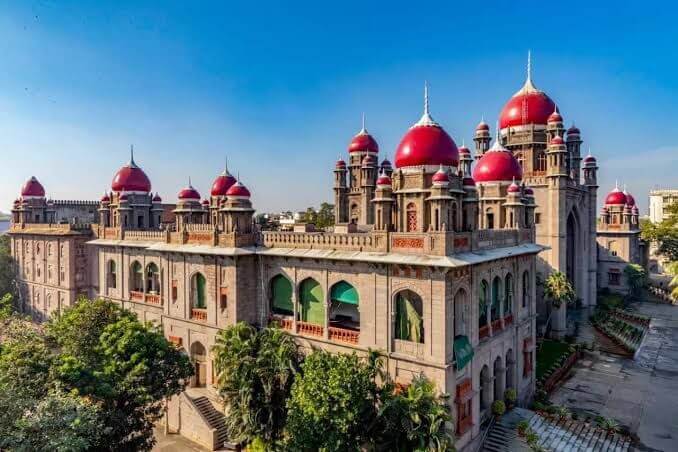
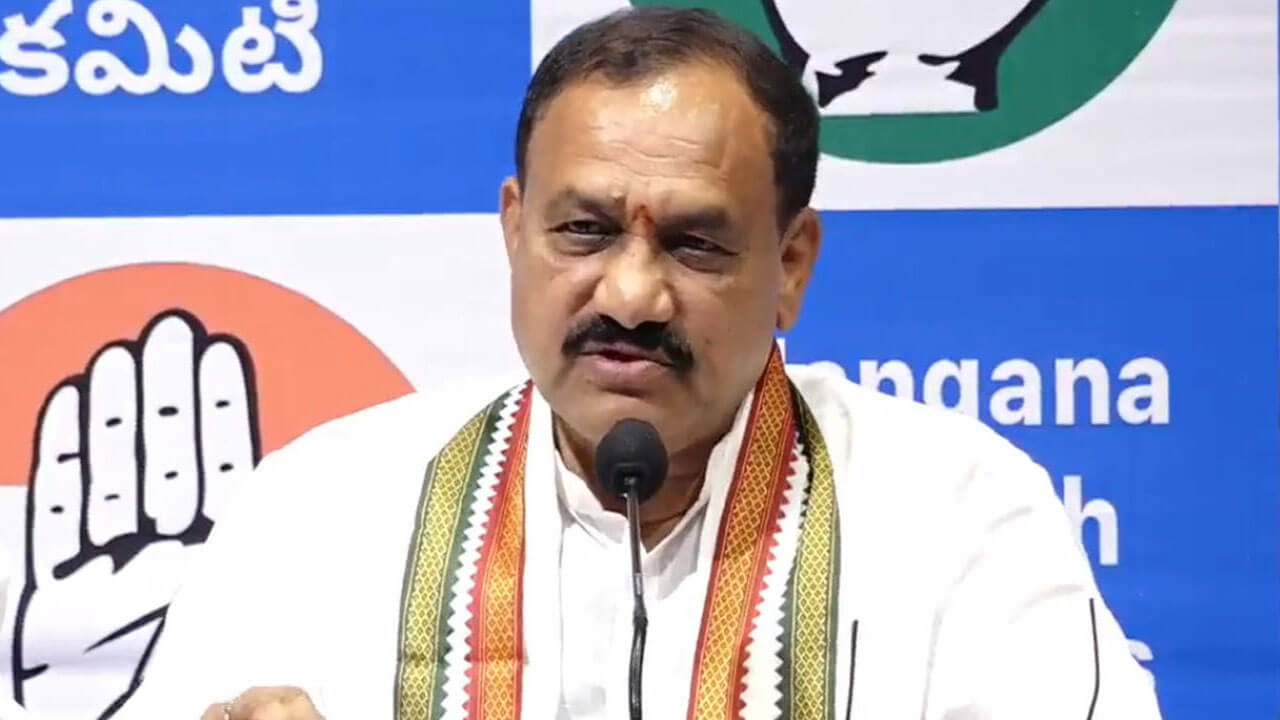
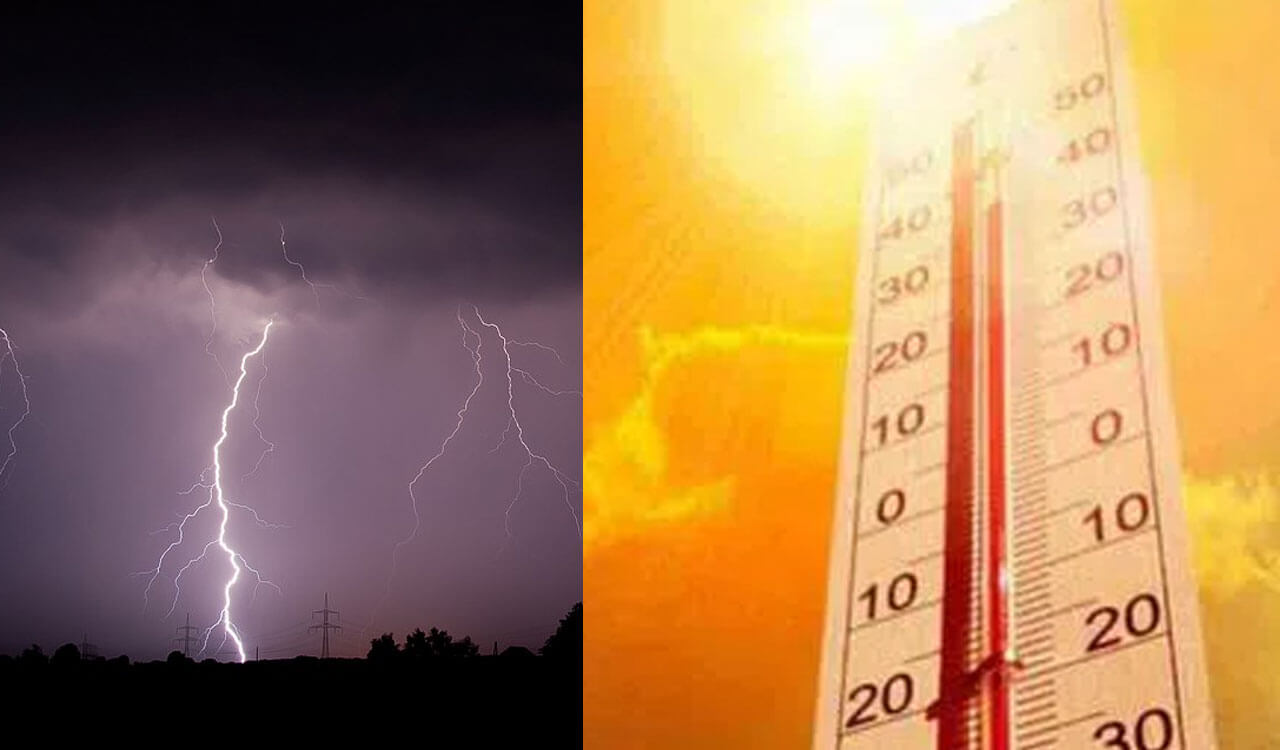
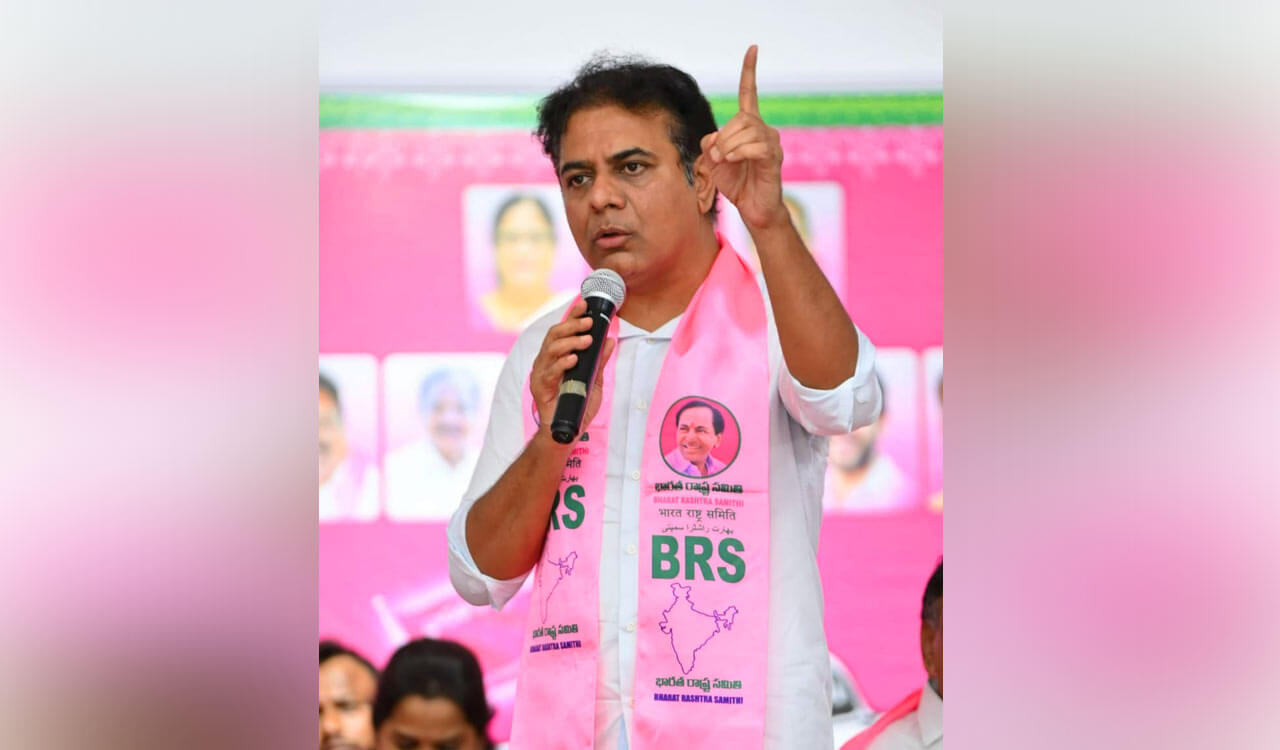
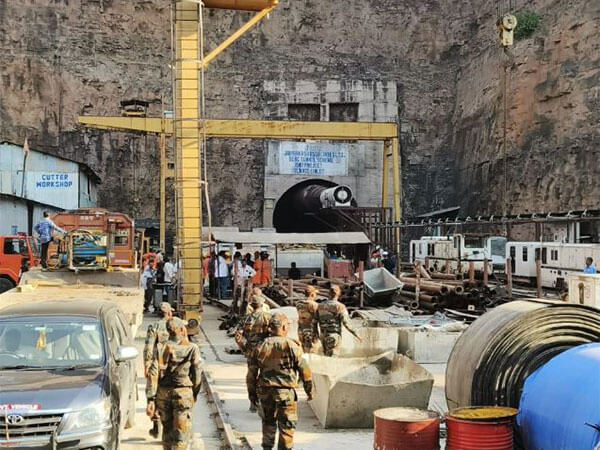

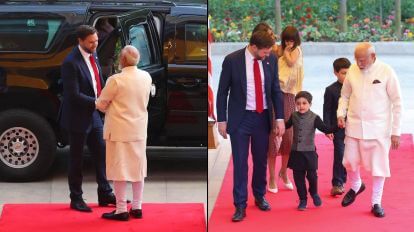
.jpg)
.jpg)
.jpg)
.jpg)

















